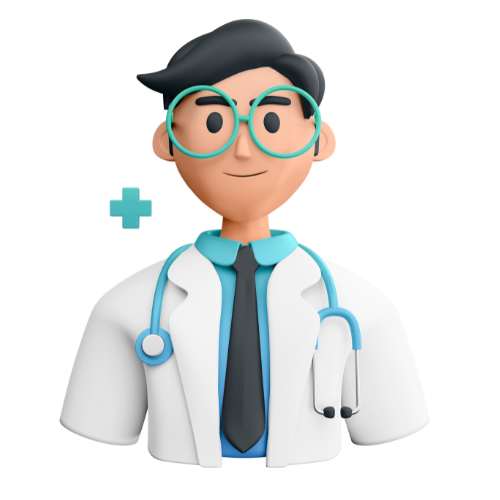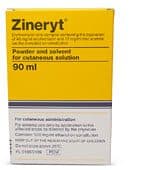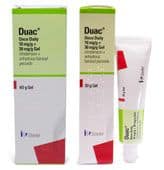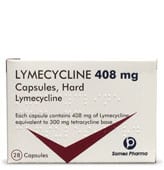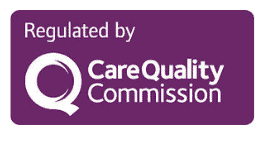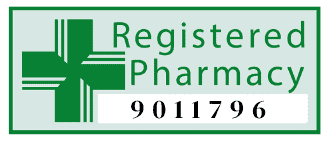Acne treatment
Acne isn't exclusively a concern for adolescents undergoing puberty. It's a prevalent skin issue that impacts the majority of individuals at some stage in their lives. We offer personalized acne therapy or a mix of acne treatments designed to meet your specific requirements. With options for home delivery and ParcelShop pickup, accessing your treatment is straightforward.
How Our Service Works
Complete our simple, confidential online consultation
One of our medical professionals will verify your eligibility and inform you via email.
Opt for next-day delivery to receive the medication directly at your doorstep.
Choose a specific area for Acne treatment.
Every treatment option we offer is displayed here. Select one to proceed.
Information on What Acne Is
Every treatment option we offer is displayed here. Select one to proceed.
What is acne?
Acne symptoms include visible pimples, blackheads, and whiteheads on the skin. Affected areas often involve the face, chest, and back, where oil glands are most active. Symptoms can range from mild to severe, leading to redness, inflammation, and, in some cases, painful cysts or nodules. Persistent acne might also result in scarring or dark spots, especially if picked or squeezed.
Types of acne
Acne can manifest in several forms, including:
- Blackheads: Open pores clogged with oil and dead skin, appearing dark.
- Whiteheads: Closed, clogged pores, appearing as small, white bumps.
- Papules: Small, red, tender bumps.
- Pustules: Papules with pus at their tips.
- Nodules: Large, solid, painful lumps beneath the skin’s surface.
- Cysts: Deep, painful, pus-filled lumps beneath the skin, often causing scars.
What causes acne?
Acne is caused by the clogging of hair follicles with oil and dead skin cells. Factors contributing to acne include hormonal changes, diet, stress, and the use of certain medications. Hormonal fluctuations during puberty, menstruation, and pregnancy can trigger excess oil production. Additionally, genetics play a significant role in one’s susceptibility to acne.
What acne treatments are there?
Acne treatments aim to reduce oil production, speed up skin cell turnover, fight bacterial infection, and reduce inflammation to prevent scarring. They include topical treatments (like retinoids and antibiotics), oral medications (such as isotretinoin for severe cases), and therapies like chemical peels, laser, and light therapy. Over-the-counter products containing benzoyl peroxide or salicylic acid can also be effective for mild acne.
How can our clinic help you?
Our acne clinic offers personalized treatment plans to manage and treat acne effectively. We provide expert consultations to understand your specific skin condition and recommend the most suitable treatments. Our clinic utilizes the latest in acne treatment technologies and medications, ensuring you receive the most advanced care available. We also offer ongoing support and advice to help you maintain clear skin.
Online Doctor's acne advice
An online doctor can offer valuable advice for managing acne from the comfort of your home. They can diagnose your acne type, suggest appropriate treatments, and provide tips for skincare routines that can help reduce breakouts. Online consultations make it easier to access professional guidance and prescription treatments without the need for a physical visit.
What are the triggers of acne?
Acne triggers include hormonal fluctuations, certain medications, diet, and stress. Hormones can increase oil production, leading to clogged pores. Medications such as corticosteroids, testosterone, or lithium can also provoke acne. Diets high in dairy products and sugary foods might worsen acne for some people. Stress doesn’t directly cause acne but can exacerbate existing conditions.
Can the contraceptive pill help acne?
Yes, the contraceptive pill can help manage acne in women by regulating hormones that trigger excess oil production. Pills containing both estrogen and progestin can decrease the amount of oil the skin produces, helping to clear acne. It’s important to consult a healthcare provider to determine if this is an appropriate treatment option based on individual health and acne severity.
Why Pharma Aesthetics Online Doctor?
Reliable and protected service.
Private
evaluation.
medical professionals with NHS background.
Flexible shipping choices.
